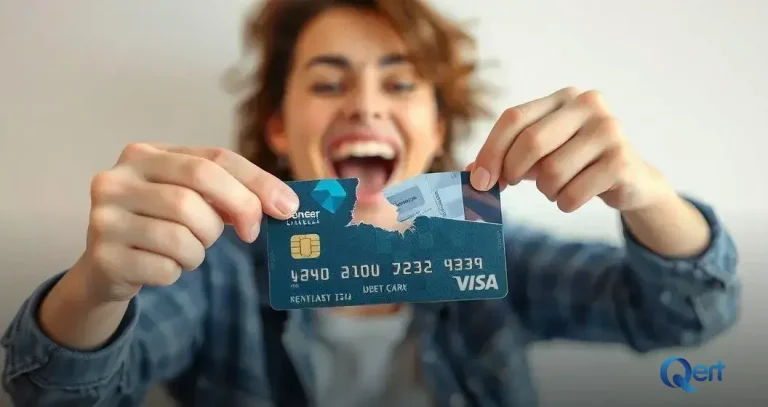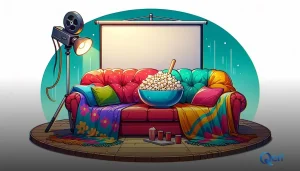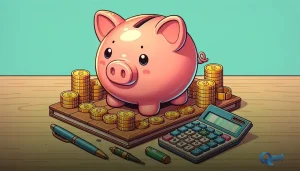ADVERTISEMENT
Debt feels overwhelming, but it doesn’t have to define your life. With effective debt payoff tips, anyone can achieve financial freedom. The journey to a debt-free future begins with small steps.
Understanding your debt and setting clear goals is crucial for success. Whether you need to pay off credit cards or loans, there are strategies that can help you regain control.
It’s time to take action and transform your financial situation. Keep reading to discover the secrets to effortless freedom from debt!
Understanding Different Types of Debt
Understanding different types of debt is important for managing your finances. There are two main categories: secured and unsecured debt. Secured debt is tied to an asset, like a house or car. If you don’t pay your secured debt, the lender can take your asset back. On the other hand, unsecured debt does not have collateral, like most credit cards and medical bills. This means the lender can’t take your belongings if you fail to pay.
Another key type of debt is installment loans, which are repaid in fixed amounts over a set period. Examples include mortgages and personal loans. These loans can be easier to manage since you know exactly how much you need to pay each month. In contrast, revolving debt, such as credit cards, allows you to borrow up to a limit, and your payments vary depending on how much you use.
Understanding these types of debt helps you make better financial choices. Knowing the differences can guide you in deciding which debts to pay off first. With smart debt payoff tips, you can work towards financial freedom and enjoy a more secure future.
Building a Personalized Debt Payoff Plan
Building a personalized debt payoff plan starts with understanding your financial situation. Begin by listing all your debts, including the amounts owed, interest rates, and minimum monthly payments. Knowing these details will help you prioritize which debts to tackle first. It’s important to have a clear picture of what you are dealing with.
Next, choose a method to pay off your debts. There are two popular strategies: the debt snowball and the debt avalanche methods. The snowball method means paying off the smallest debt first for quick wins, while the avalanche method focuses on paying off the highest interest debt first to save money overall. Picking the plan that resonates with you can give you motivation and clarity.
Finally, set realistic goals and a timeline for your debt payoff journey. Allocate a specific amount you can afford to pay each month. Adjust your budget to find extra money for debt payments, and celebrate small victories along the way. This personalized plan will guide you to financial freedom and keep you on track toward your goals.
Strategies for Paying Off Credit Card Debt
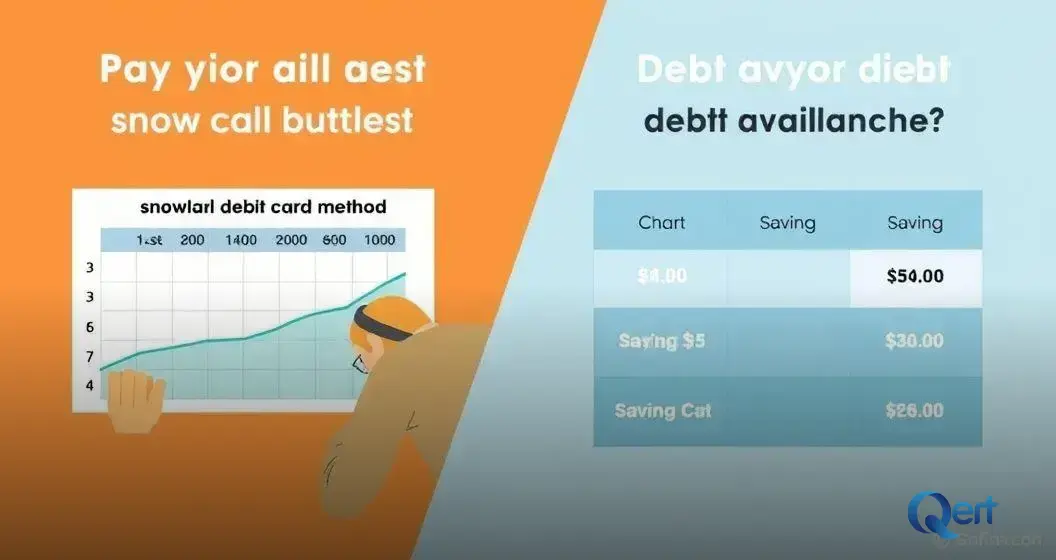
Paying off credit card debt can feel overwhelming, but there are effective strategies to make it easier. One popular approach is the debt snowball method, where you focus on paying off the smallest balance first. This strategy gives you quick wins, boosting your motivation as you eliminate debts one by one.
Another effective strategy is the debt avalanche method. With this approach, you pay off the credit card with the highest interest rate first. This may take longer to see results, but you save more money on interest in the long run. Choosing the strategy that fits your personality and financial goals is key.
Lastly, consider consolidating your credit card debt by transferring balances to a card with a lower interest rate. This can help reduce your payments and make it easier to pay off your debt faster. Staying disciplined with your spending and regularly monitoring your progress will keep you on the right track towards becoming debt-free.
The Debt Snowball vs. Debt Avalanche Methods
The Debt Snowball method focuses on paying off the smallest debts first, which can help build momentum. By targeting small balances, you can eliminate them quickly and feel accomplished. This sense of achievement encourages many people to stay motivated on their journey to becoming debt-free.
In contrast, the Debt Avalanche method prioritizes paying off debts with the highest interest rates first. This strategy aims to reduce the overall interest paid and save money over time. While it may take longer to pay off some smaller debts, this method is often the fastest way to lower total debt costs.
Choosing between the Debt Snowball and Debt Avalanche methods depends on your financial behavior and preferences. Some people need quick wins for motivation, while others may prefer to save the most money in the long run. Both methods can lead to debt freedom; it’s just a matter of finding which one works best for you.
How to Negotiate with Creditors Successfully
Negotiating with creditors can feel intimidating, but it’s a vital skill for managing debt. Start by doing your homework. Make sure you know your account details, including the balance, interest rate, and payment history. Knowledge is power, and being well-informed gives you confidence when talking to creditors.
When you contact a creditor, be polite and calm. Explain your situation clearly, whether it’s a change in income or an unexpected expense. You can ask for lower interest rates, reduced monthly payments, or a payment plan that fits your budget. Offering a reasonable proposal can lead to a better outcome for both you and the creditor.
Finally, remember to get everything in writing once you reach an agreement. This protects you and ensures you know what to expect moving forward. Following up after your negotiation can also help build goodwill and open doors for future discussions, making it easier to manage your finances effectively.
The Role of Budgeting in Debt Payoff
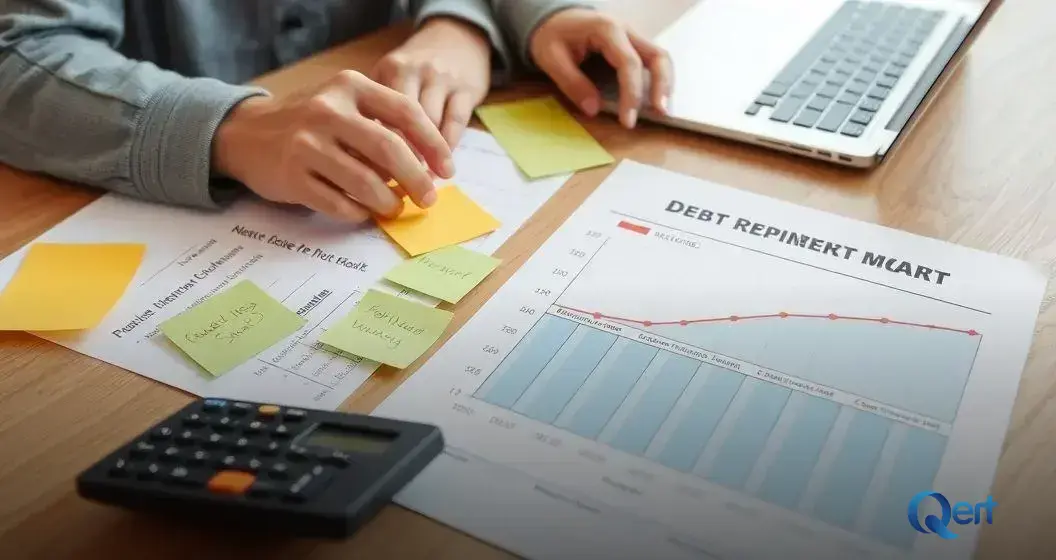
Budgeting plays a crucial role in successfully paying off debt. By creating a budget, you can track your income and expenses, giving you a clear view of where your money goes. This visibility helps you identify areas where you can cut back and allocate more funds toward debt repayment. Having a plan makes staying on track easier and keeps you motivated.
With a budget in place, you can set specific financial goals. Decide how much money you want to put toward paying off your debts each month. Remember to include the minimum payments for each credit card or loan. Setting these goals empowers you to create milestones, turning your debt payoff journey into a more manageable process.
Lastly, a budget can help you find extra cash for repayment. By regularly reviewing your budget, you can adjust for new expenses or income changes. This flexibility ensures you stay focused on your goal of becoming debt-free. Sticking to your budget is vital for long-term success, as it helps prevent future debt from building up again.
Finding Extra Income Streams for Debt Repayment
Finding extra income streams is a smart way to speed up your debt repayment. One option is to take on a part-time job or start freelancing. Many people have skills they can use to earn extra cash, such as writing, graphic design, or tutoring. Using your talents to earn additional income not only helps pay down debt but also builds confidence in your skills.
Another way to boost your income is by selling items you no longer need. Look around your home for clothes, electronics, or furniture that you can sell online or at a garage sale. Decluttering your space can bring in some money while also making your environment more organized and peaceful.
Lastly, consider passive income options, such as renting out a room or investing in dividend stocks. These methods can provide additional income without requiring much work on your part. Diversifying your income gives you more flexibility to attack your debt and may even open up new opportunities for financial growth in the future.
Preventing Future Debt Accumulation
Preventing future debt accumulation starts with creating a budget and sticking to it. After paying off your debts, it’s essential to know how much money you can spend each month. Make sure to include savings in your budget as well. Building an emergency fund can protect you from unexpected expenses that might lead you back into debt.
Another key to avoiding debt is to use credit responsibly. If you have credit cards, try to pay off the balance each month to avoid interest charges. Using credit wisely can help you build a good credit score while keeping your debt at a healthy level. Always ask yourself if a purchase is necessary before using credit.
Finally, educate yourself about personal finance. The more you know about managing money, the better decisions you can make. Take time to read books, attend workshops, or follow financial blogs. Staying informed empowers you to avoid pitfalls that lead to debt and achieve your financial goals.
Tips for Staying Motivated on Your Debt-Free Journey
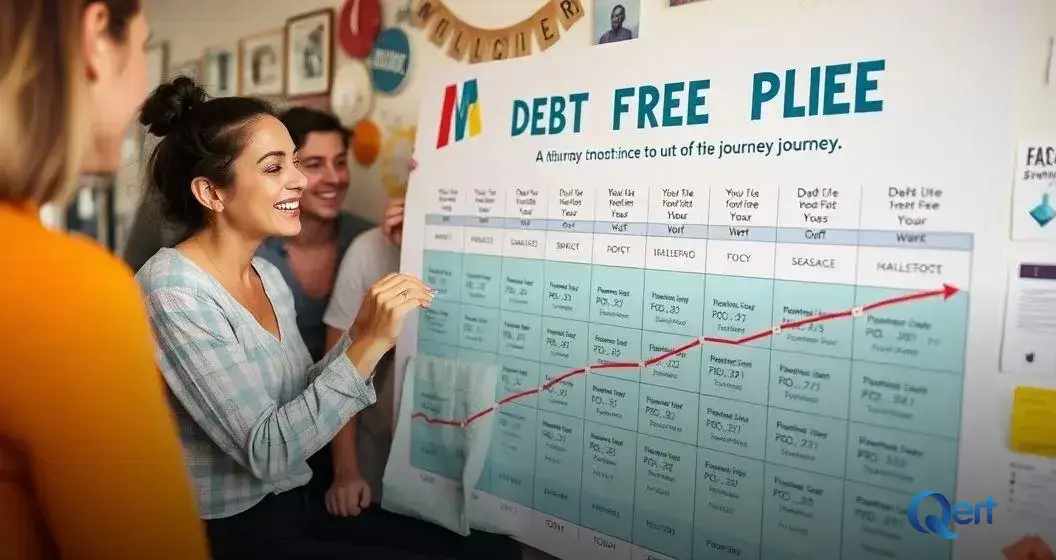
Staying motivated on your debt-free journey is crucial for success. One of the most effective debt payoff tips is to set short-term goals that lead toward your bigger vision. Celebrate every small win, such as paying off a credit card or reaching a savings goal. These small celebrations help you stay inspired and committed to financial progress.
Another essential debt payoff tips is to surround yourself with supportive people. Whether it’s family, friends, or online communities, having others who share your goals keeps you accountable and encouraged. By sharing your journey, you gain strength from those who understand your challenges and can motivate you during tough times.
Visual reminders also play a big role in staying motivated. One of the most overlooked debt payoff tips is to create a vision board or progress chart that tracks your debt repayment. Seeing your success grow visually can reignite your drive to push forward. Each small achievement gets you one step closer to true financial freedom.
The journey toward becoming debt-free can feel overwhelming, but practical debt payoff tips can simplify the process. Start by building a clear repayment plan—divide your debts into smaller goals and commit to monthly targets. Having this structure helps you stay organized, focused, and in control of your financial path.
Finally, remember the peace that comes with being debt-free. Among all debt payoff tips, maintaining a positive mindset is one of the most powerful. Focus on your long-term goals—like saving for travel or investing in your future—and remind yourself that each payment brings you closer to financial independence.
Discover side hustle tips to maximize your earnings, manage your time effectively, and turn your passions into profitable opportunities.

